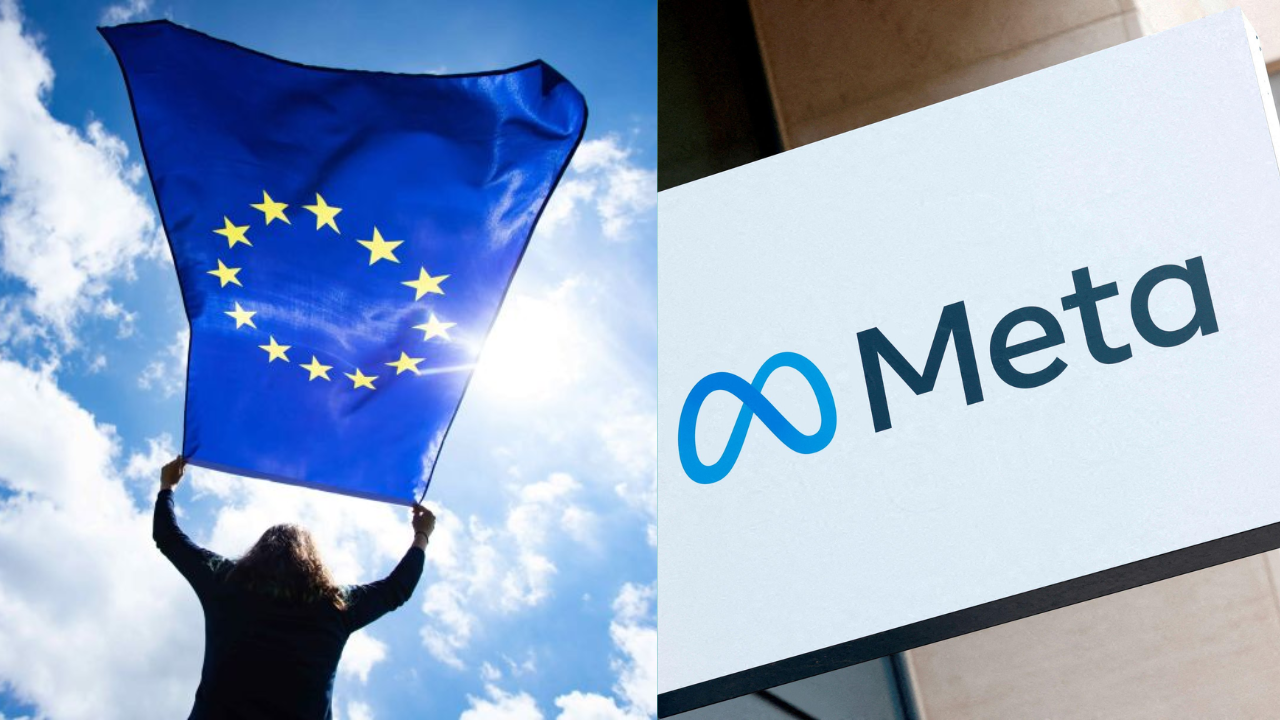Meta backs EU move to raise minimum age for social media access

Meta has expressed its support for a European Union initiative aimed at introducing a standardised Digital Majority Age across member states, a move that would raise the minimum age for accessing social media platforms.
The proposal, which is currently under discussion, would require users to be at least 15 years old to access social media, though some member states have suggested raising the threshold to 16. The current common minimum age for most platforms is 13, but enforcement mechanisms remain inconsistent and limited across the industry.
In a public statement issued last week, Meta said, "At Meta, ensuring the safety of young people is a top priority and we’ve spent over a decade building our products for teens with this in mind. Across the industry, there is growing recognition that teens deserve consistent protection across all the different digital platforms they use. That’s why we support proposals to establish a common Digital Majority Age across EU member states, whereby parents need to approve their younger teens’ access to digital services, including social media."
Countries including France, Greece and Denmark have expressed support for increasing the age threshold, while Spain is backing a 16-year-old limit, aligning with similar developments in Australia.
Currently, there is no uniform method for verifying user age, and most platforms are left to enforce policies independently. This creates a significant compliance burden, especially for smaller companies with fewer resources.
Meta has been trialling advanced age verification technologies, such as selfie-based video checks, as part of its broader strategy to prevent underage users from accessing its services. However, this approach raises data privacy concerns regarding the storage and use of biometric information.
In response, Meta has also proposed that age verification be conducted at the point of app download, suggesting that app store providers assume responsibility for confirming users’ ages. This would shift the compliance requirement from individual platforms to Apple, Google and other app distributors.
While Meta argues that this approach would streamline enforcement and reduce redundancies across thousands of digital services, major app store operators have raised objections. Apple and Google have voiced concerns over the legal implications of being held accountable for underage access.
Meta has previously advocated for legal mandates that would require app stores to manage age checks, and the renewed legislative discussions in Europe could bolster its position on this issue.
If enacted, the new regulations could affect platform usage among teenagers under the proposed age limit. Analysts note that platforms with younger user bases, such as TikTok and Snapchat, may be more significantly impacted.
The proposal remains under consultation among EU member states, and discussions regarding implementation mechanisms and age verification standards are ongoing.
Meta’s support aligns with a broader trend among tech companies to engage with regulatory initiatives amid growing scrutiny of online safety, particularly for minors.
News